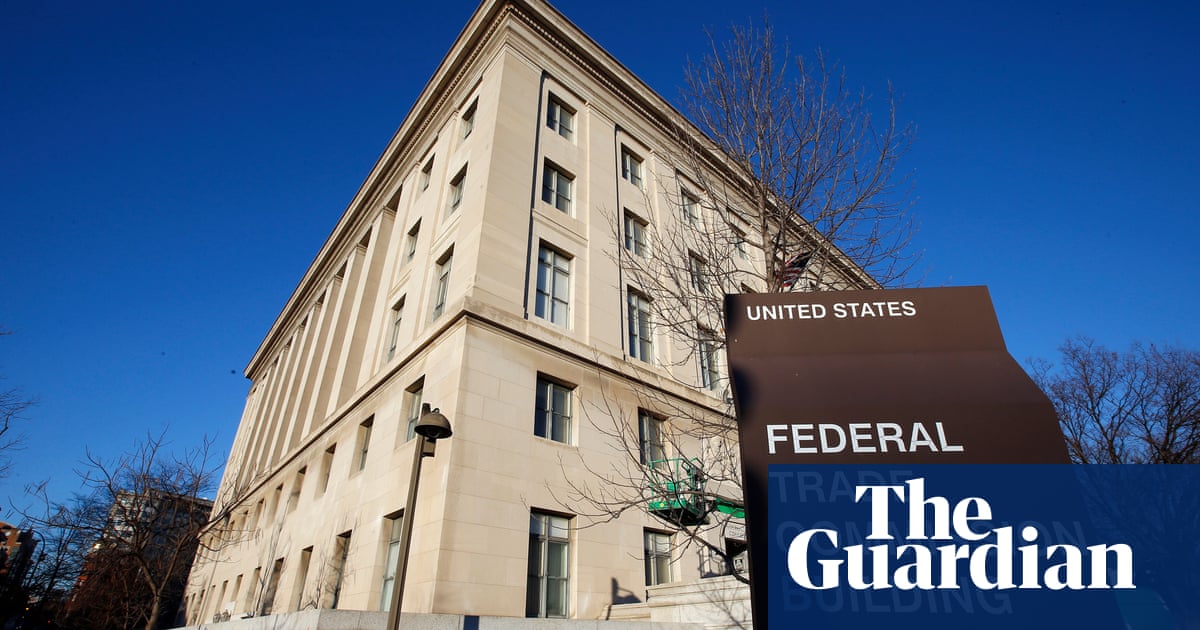Bussiness
New US rule would ban employers from using ‘noncompete’ agreements

US companies would no longer be able to bar employees from taking jobs with competitors under a rule approved by a federal agency on Tuesday, though the rule is sure to be challenged in court.
The Federal Trade Commission voted to ban measures known as noncompete agreements, which bar workers from jumping to or starting competing companies for a prescribed period of time. According to the FTC, 30 million people – roughly one in five workers – are now subject to such restrictions.
The Biden administration has taken aim at noncompete measures, which are commonly associated with high-level executives at technology and financial companies but in recent years have also ensnared lower-paid workers, such as security guards and sandwich-shop employees.
A 2021 study by the Federal Reserve Bank of Minneapolis found that more than one in 10 workers who earn $20 or less an hour are covered by noncompete agreements.
When it proposed the ban in January 2023, FTC officials asserted that noncompete agreements harm workers by reducing their ability to switch jobs for higher pay, a step that typically provides most workers with their biggest pay increases.
By reducing overall churn in the job market, the agency argued, the measures also disadvantage workers who are not covered by them because fewer jobs become available as fewer people leave jobs. They can also hurt the economy overall by limiting the ability of other businesses to hire needed employees, the FTC said.
Business groups have criticized the measure as casting too wide a net by blocking nearly all noncompetes. They also argue that the FTC lacks the authority to take such a step. The US Chamber of Commerce has said it will sue to block the measure, a process that could prevent the rule from taking effect for months or years.
after newsletter promotion
And if Donald Trump wins the 2024 presidential election, his administration could withdraw the rule.










